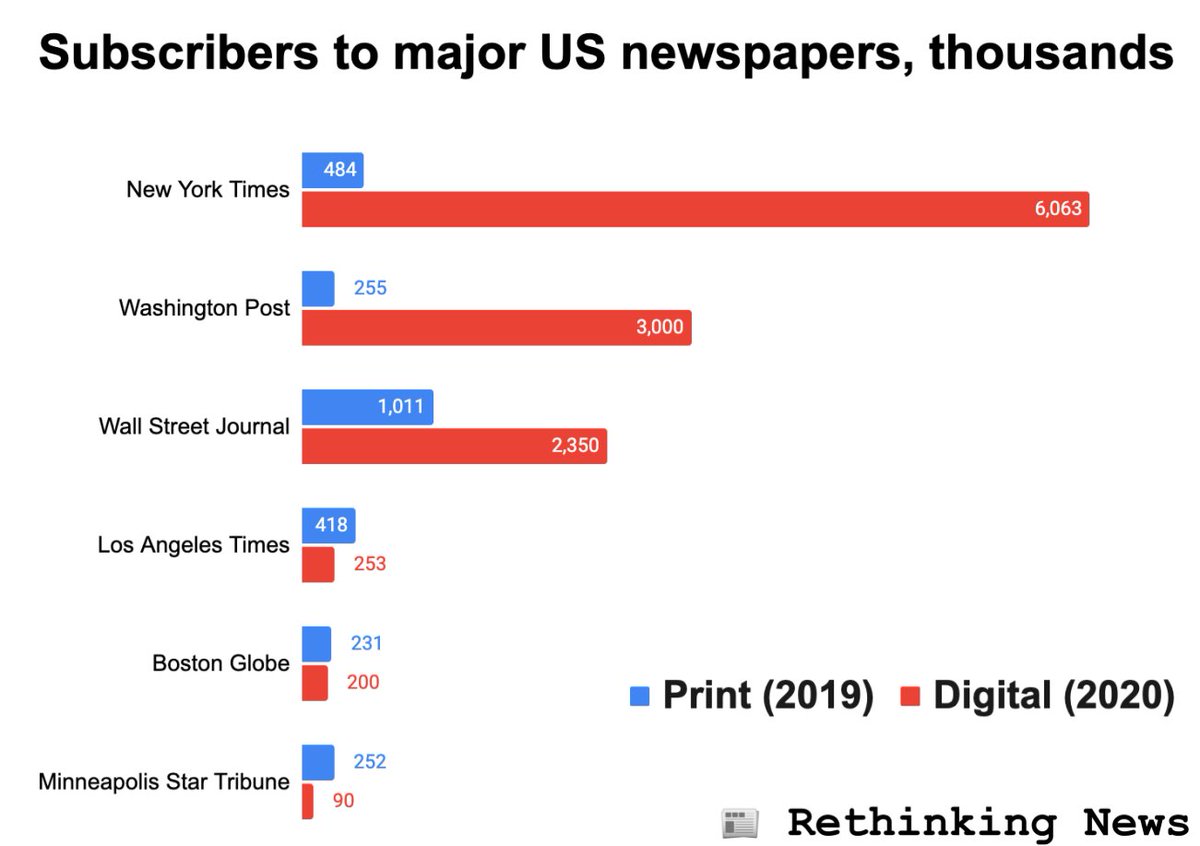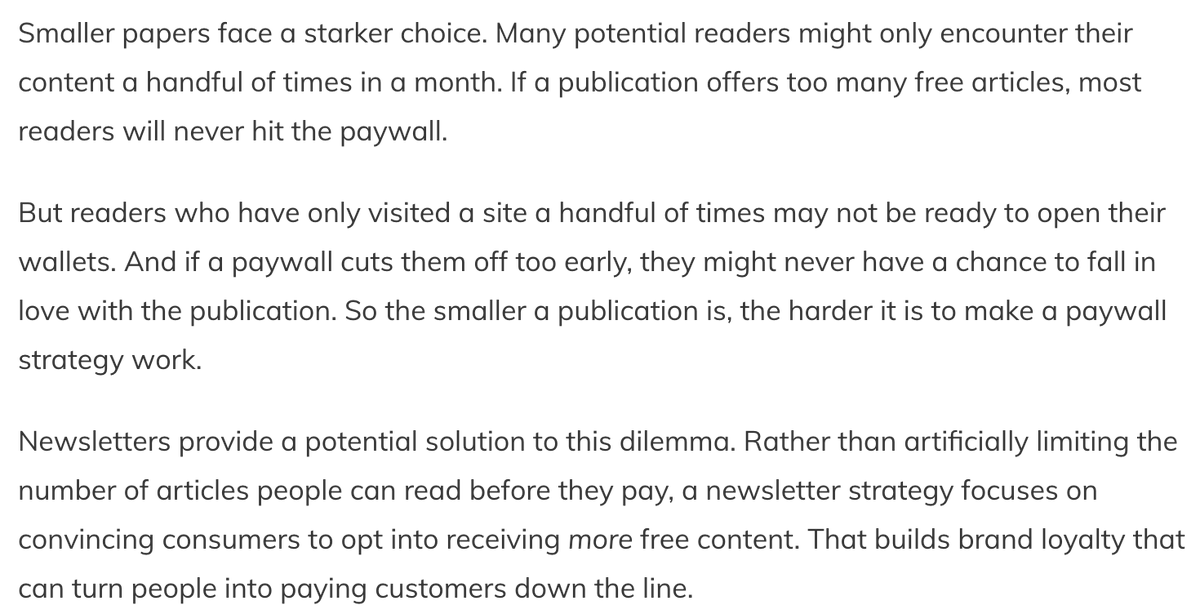
@mattyglesias wrote about how groupthink and self-interest sometimes leads expert practitioners to advocate bad ideas. He cites virologists defending dangerous virus research, hawkish economists after 2008, and the military industrial complex. slowboring.com/p/experts-astr… 







You can see the same dynamic at work in patent issues. In 1982, Congress effectively turned control of patent law over to patent lawyers by creating a specialized patent appeals court called the Federal Circuit. arstechnica.com/tech-policy/20…
The patent bar loves patents and overwhelmingly favors legal doctrines that make patents easy to get and enforce. During the 1980s and 1990s, the Federal Circuit developed a body of law that expanded what could be patented and strengthened the rights of patent plaintiffs.
The Supreme Court largely ignored patent law during this period. But then by the mid-2000s the new doctrines had started to create a patent litigation crisis, and the Supreme Court started paying attention.
Between 2006 and 2014, the Supreme Court reviewed a long series of Federal Circuit rulings. In most of these cases, the Federal Circuit took the pro-plaintiff side, and the Supreme Court overturned them in unanimous decisions. en.wikipedia.org/wiki/EBay_Inc.…. en.wikipedia.org/wiki/Alice_Cor…
The patent bar benefits from patent-friendly policies because more patents means more patent litigation and hence more work for patent lawyers.
More fundamentally someone who spends their career mastering patent law is going to view patents as an important part of the innovation process. You're naturally going to take a benign view of the patent system and want to expand it into every corner of the economy.
The Supreme Court, on the other hand, took the common-sense view that patenting had gotten out of control and needed to be reined in. The patent bar saw the Supreme Court as a bull in the China shop, smashing decades of precedent and leaving a mess.
And they weren't wrong! Supreme Court justices aren't experts on patent law. But in my view the Supreme Court made things better. Supreme Court limitations on patents may not be especially elegant or intellectually rigorous, but they shoved the system in the right direction.
• • •
Missing some Tweet in this thread? You can try to
force a refresh






